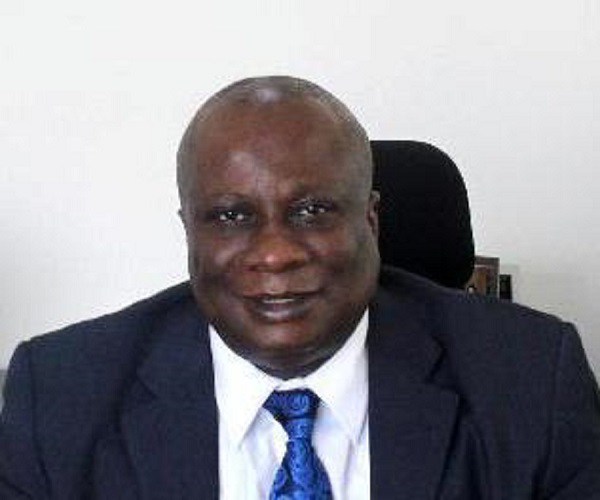To check the growing inequality in food systems in Nigeria and to meet certain components of the Sustainable Development Goals (SDGs), the Federal Government is partnering with the UN to hold a food systems dialogue.

The Nigeria National Food Systems Dialogue (NNFSD) 2021 is preparatory to the Food Systems Summit scheduled to hold in September, the National Coordinator of the Dialogue and Permanent Secretary in the Ministry of Budget and National Planning, Mrs Olusola Idowu, said on Thursday, February 11.
Speaking at a webinar to draw the attention of stakeholders to issues relating to food systems, Idowu said that convening the Food Systems Summit was part of the Decade of Action to achieve the Sustainable Development Goals (SDGs) by 2030.
“The Summit is aimed at launching a bold new action to deliver progress on all the 17 Sustainable Development Goals (SDGs), each of which relates to a large extent healthier, sustainable and equitable food systems.
“The Government of Nigeria is collaborating with the UN to organise the Nigeria National Food Systems Dialogue (NNFSD) 2021.
“Food systems touch every aspect of human existence. In Nigeria and elsewhere in the world, the management of food systems profoundly affects the health of the people as well as the health of the environment, economies and cultures.
“To ensure an inclusive and participatory dialogue, the Nigeria National Food System Dialogue is planned to be organised at three levels in advance of the summit billed to take place in September or October, 2021.
“These include Inception Dialogue aimed at identifying food system challenges from multiple perspectives, Exploration Dialogue planned to hold in the six geo-political zones and Consolidation Dialogue to exchange views on the pathway toward sustainable National Food Systems,” she said.
Idowu added that the dialogues would focus on the UN five action tracks namely: Ensuring Access to Safe and Nutritious Food for All; Shift to Sustainable Consumption Patterns; Boost Nature-Positive Production; Advance Equitable Livelihoods; Build Resilience to Vulnerabilities, Shocks and Stress.
The permanent secretary said that a theme had already been chosen for the dialogue: “An Overview of the Food System in Nigeria – Challenges, Prospects and the Way Forward’’.
In his remarks, the UN Resident Coordinator, Mr Edward Kallon, commended the Nigerian government for the seriousness attached to the summit, exhibited in part by the appointment of a permanent secretary as the convener.
He said that the UN Secretary-General, António Guterres, would convene the Food Systems Summit in September, adding that the summit would launch bold new actions to transform the way the world produces and consumes food.
“In the same vein, the Deputy Secretary-General and Chair of the Advisory Committee of the Food Systems Summit, Amina Mohammed, has invited all member states to engage in the preparation of the summit through encouraging action-oriented and inclusive dialogues.
“I am glad Nigeria has heeded the call.
“Sustainable food systems do not just help to end hunger. We need to put in place systems to ensure that we produce enough food for the current generation without compromising the ability of future generations to have access to adequate food and proper nutrition.
“As the population continues to grow and with the many players in the food industry, there is greater need for all of us to understand how we will ensure availability of quality food in quantities that will cater for the needs of all people in a sustainable way.
“It is in the light of this that the UN and the Government of Nigeria is bringing together key players in science, business, policy, healthcare and academia as well as farmers, women organisations, youth organisations, consumer groups, food processors, logistics organisations, environmental activists, and most importantly, the media.
“Without the media, all dialogues would be likened to winking in the dark; no one sees what you are doing. We need the media because we want to go far in this race,” he said.
Kallon further commended the media in Nigeria for the invaluable role it was playing in bringing to the fore issues as they relate to food safety, security and availability in Nigeria.
He pointed out the COVID-19 had made it even more glaring the connection between food, health and quality of life, and how many of “our food systems are failing us, especially where inequality is most prevalent’’.
“The pandemic has powered an unprecedented global appetite for change that must be channeled into transforming food systems to be more inclusive, more equitable and more sustainable. We must come together as stakeholders to build back better.
“Once again, I commend the Government of Nigeria for driving this process. I also appreciate all of you in the media for being a part of the food systems summit preparations, and I hope you will remain part of this process beyond today until September, when the summit will hold,” he said.
By Ifeanyi Nwoko
